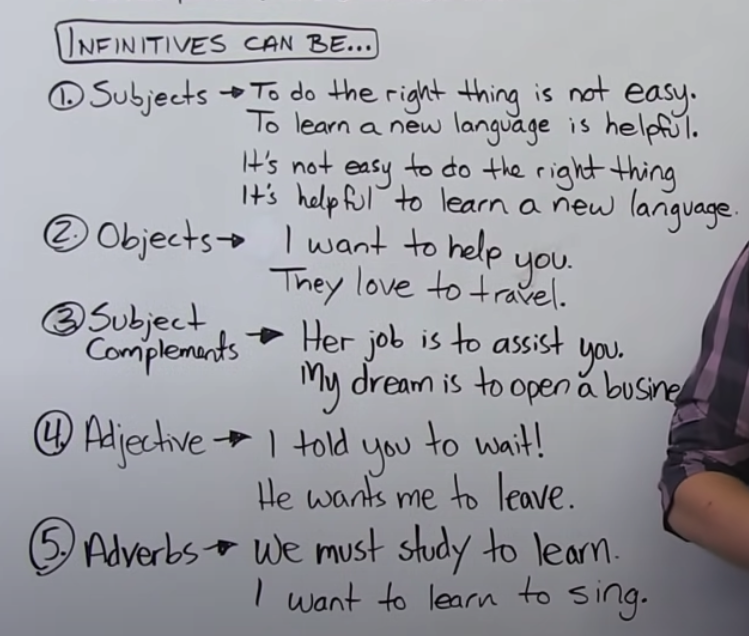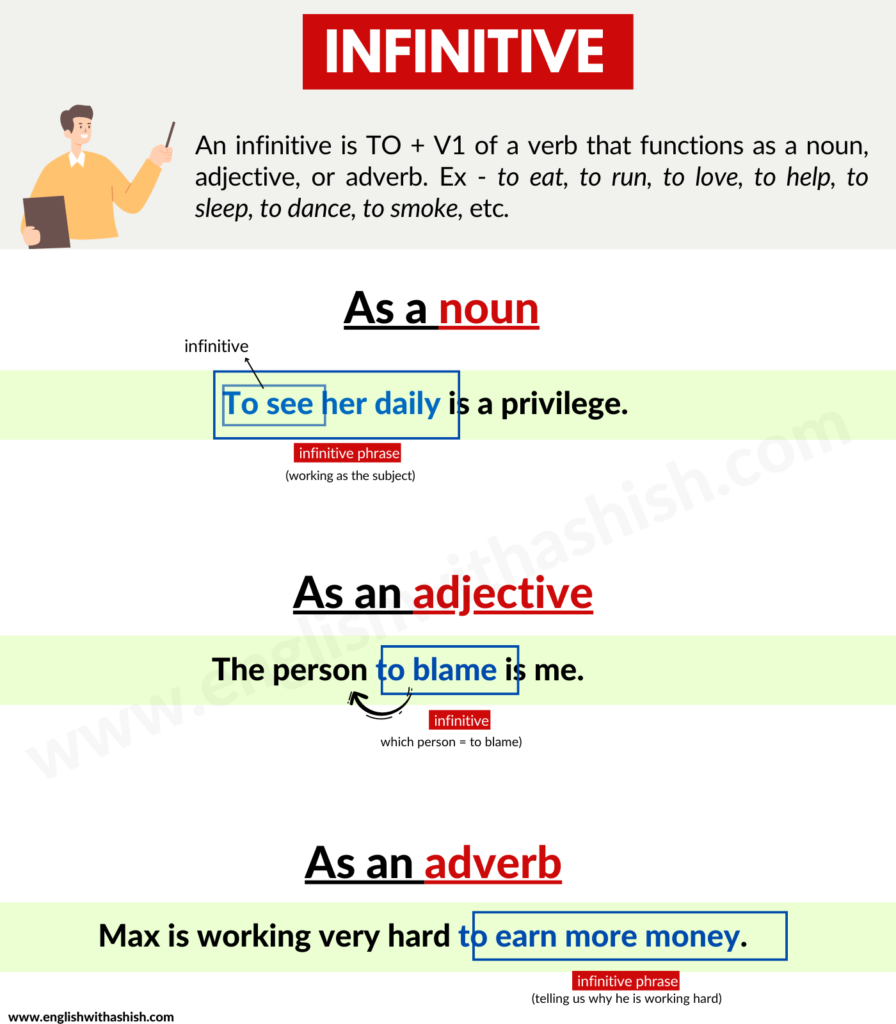https://www.grammar-monster.com/lessons/subject_verb_agreement.htm
Homework
20 examples of issue 3 and 4 for (7/6)
20 examples of issues 5 and 6 for (7/8)
20 examples of issues 7 and 8 for (7/10)
20 examples of issues 9 and 11 for (7/12)
Capitalism/Labor
– The farmers have the abundance of goods.
– The farmers are greedy.
– The animals represents the laborers. The common folks. The poor.
– The farmers need to protect their hard work by using fences, guns, and technology.
Medicine created in Germany to make money.
Very expensive. No one can afford it.
Replica medicine exists in India.
Man from China brings replica to China.
At first, we just wanted to make some money.
But then he changed heart, and his purpose changed to wanting to save lives.
The police wanted to stop him.
In life, there is no good or bad guys.
There is only a conflict of interest.
There are different perspectives.
Thesis –
In this world, there is no such thing as good or evil, only a conflict of interest.
subj – stand
verb – cause(s)
[Standing in different perspectives] causes a conflict of interest.
7/7 – write a very good introductory paragraph
(Present Tense)
Hook – As the tractors swallow their homes, the fox family digs faster.
In the book ‘Fantastic Mr Fox’ by Roald Dahl, a group of three farmers hunt for Mr Fox.
Mr Fox steals their goods to feed his starving family.
merge –
Thesis
- Thus, different perspectives cause conflicts of interests.
- Therefore, different social positions cause conflicts of interests.
- Your location (on/in) the social hierarchy determines your interests.
Justin’s homework
Revised Introduction
[hook]
“Swoosh, swoosh”, the grass whispers softly. Mr Fox peeks out. Hiding in the shadows, he notices the reflection of a gun’s barrel. The guns fire loudly. The cracking sounds instantly scare Mr Fox back into the hole.
[merge]
In the book ‘Fantastic Mr Fox’ by Roald Dahl, three farmers hunt for Mr Fox because he steals their goods to feed his starving family. The book discusses this problem that arises between the haves and the have nots. The three nasty farmers represent the haves. And the animals represent the have nots.
[explanation]
The animals’ natural tendency is to forage. So they steal from the farmers from time to time. But on the other hand, the farmers work hard to grow their crops. So in this delicate situation, there is no right or wrong.
[thesis]
Therefore, the ones that own everything instinctually wants to prevent the others from access, and this creates a problem in society.
TODO – body paragraphs and conclusion
Supporting paragraphs [3]
Paragraph’s first sentence:
The ones that own everything instinctually wants to prevent the others from access, and this creates a problem in society:
-
1) Why does the ones that own wants to prevent access? <-- greed
- quote
- explanation
- support
-
2) Why does the have nots want access? <-- we need to eat/live
- quote
- explanation
- support
-
3) how does this create a problem? <-- competition for resource
- quote
- explanation
- support
*Conclusion*
Skills to practice
(should be used in paragraphs)
Indeed, In reality, In fact, In addition…etc
but only the standpoint that you (?????? author, you? ) present –
on behalf
√ direct describing/writing style
X indirect
gun vs the guns:
I love to play with guns (hobby, general)
Sorry officer, I love to play with the guns. (<-- in your story, situation, 'the guns' the guns they are referring)
(Issue 9) Beware Modifiers between the Subject and the Verb
• The group of students often studies together.
• The tall and strong athlete always wins.
• The book, along with its sequel, is highly recommended.
• My brother, along with his friends, is attending the concert.
• The dog with the wagging tail loves to play fetch.
• Each of the apples in the basket is ripe.
• The beautiful flowers in the garden need watering.
• A delicious slice of cake satisfies my sweet tooth.
• The team with the most points wins the game.
• The teacher, along with her assistant, teaches the class.
(Issue 11) Collective Nouns Can be Singular or Plural
• The committee is meeting tomorrow.
• The jury has reached a verdict.
• The audience is applauding the performers.
• The flock of birds is migrating south for the winter.
• The class is studying for the final exam.
• The team is practicing for the upcoming match.
• The army is preparing for deployment.
• The family is going on vacation together.
• The staff is working hard to meet the deadline.
• The herd of cattle is grazing in the field.

